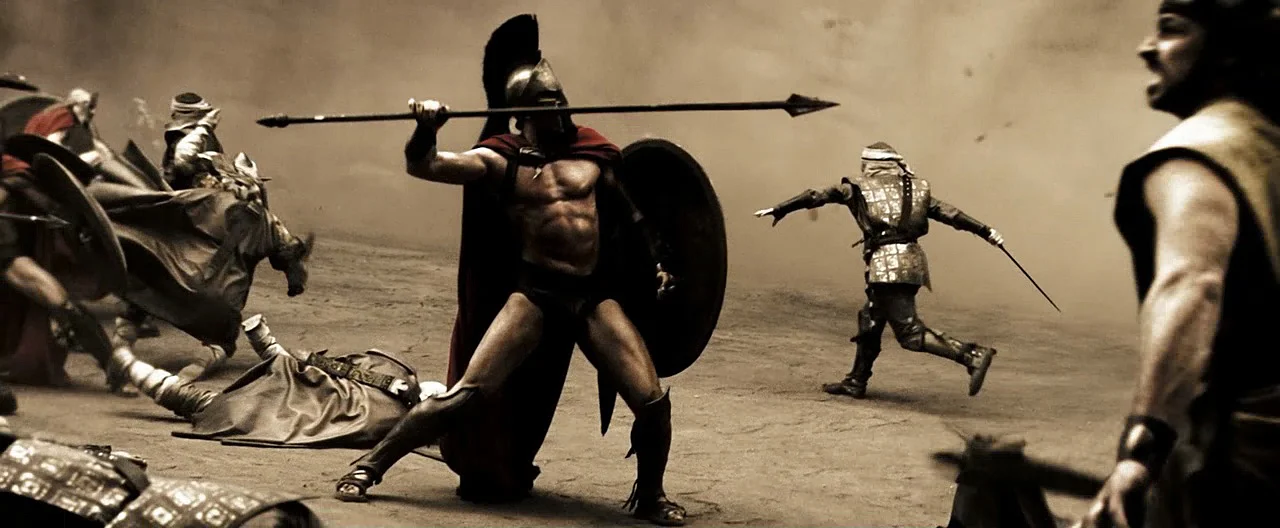The following Excerpt from Twighlight of the Idols does due justice in describing the anathema which should be upheld against any and all persons who think that they in their sanctimonious self-conception should be the pillar and the golden statue that everyone is commandeed to worship at, and may us immoralists like Shadrach, Meshach, and Abednego, refuse such commands and instead walk in the fire with the one who appears as the Son of Man:
Finally, let’s consider how naive it is in general to say, “Human beings should be such and such!” Reality shows us a captivating treasury of types, the exuberance of an evanescent play and alteration of forms. And some pathetic bystander of a moralist says to all this, “No! Human beings should be different”? . . . He even knows how human beings should be, this 39. Arthur Schopenhauer (1788–1860): pessimistic German philosopher who had a great influence on the young Nietzsche. In his maturity, Nietzsche often criticizes Schopenhauer. See especially “Raids of an Untimely Man,” §§21–22, below. Morality as Anti-Nature 29 sanctimonious sniveler; he paints himself on the wall and pronounces, “ecce homo!” . . .40 But even if the moralist just turns to the individual and says, “You should be such and such!” he doesn’t stop making himself ridiculous. The individual is a slice of fate both before and after, one more law, one more necessity for everything that is coming and will be. To say to the individual, “change yourself,” means insisting that everything should change, even retroactively . . . And there really have been consistent moralists; they wanted human beings to be different, namely virtuous, they wanted them made in their own image, namely sanctimonious. To this end, they said no to the world! No small lunacy! No modest sort of immodesty! . . . Morality, insofar as it condemns on its own grounds, and not from the point of view of life’s perspectives and objectives, is a specific error for which one should have no sympathy, an idiosyncrasy of degenerates which has done an unspeakable amount of harm! . . . In contrast, we others, we immoralists, have opened our hearts wide to every form of understanding, comprehending, approving. We do not easily negate, we seek our honor in being those who affirm. Our eyes have been opened more and more to that economy that needs and knows how to use all that the holy craziness of the priest, the sick reason in the priest, rejects—that economy in the law of life that draws its advantage even from the repulsive species of the sanctimonious, the priest, the virtuous.—What advantage?—But we ourselves, we immoralists, are the answer here . . .


Post Comments(0)